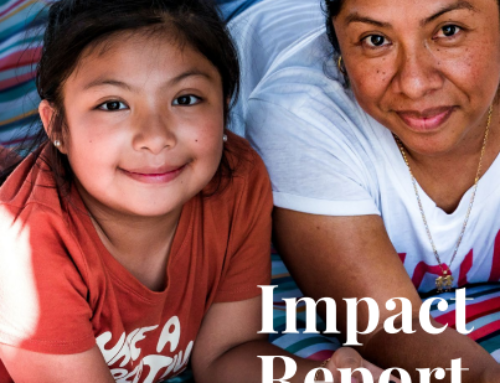Man Kidnapped By Al-Shabab Takes Asylum Bid To High Court In an April 27 petition, Ali Bashir Mohamed said that the appeals court’s decision is inconsistent with other courts’ interpretation of a key part of the federal asylum statute and can’t be squared with a decades-old high court ruling. If allowed to stand, he said that the ruling will undercut U.S. foreign policy and could potentially add more recruits to the ranks of terrorist organizations such as al-Qaida, the Islamic State group and Boko Haram. “Under the Eleventh Circuit’s ruling, [Mohamed] will be sent back to Somalia and inevitably be faced with a Hobson’s choice of facing the bullets of al-Shabab if he is faithful to his political beliefs and once again resists recruitment, or becoming a warrior for al-Shabab if he renounces his stated political beliefs and joins their radical, anti-American cause,” he wrote in the petition. Mohamed, born a member of the minority ethnic Garre clan, fled the war-torn nation in the Horn of Africa in 2008 after al-Shabab militants murdered his brother and threatened to kill him if he did not join their cause, according to his petition. Mohamed, whose father was murdered by militia members in the early 1990s, said that his clan is considered by other groups not to be “real Somalis” and lacks political or military power, exposing its members to persecution and violence. He applied for asylum in the U.S., but was denied after an immigration judge said that he hadn’t shown he had suffered persecution because he belonged to a particular social group. The decision was upheld by the Board of Immigration Appeals. “There is no indication that only members of [Mohamed’s] own clan [were] identified for harm or recruitment,” the immigration judge wrote, according to the petition. In February 2014, judges on the Eleventh Circuit denied his petition for review, in part because they ruled that even if he were persecuted because of his political beliefs, Mohamed hadn’t proved that al-Shabab was aware of those beliefs. Mohamed, responding last week, argued that he was only required to show that he was persecuted because he was a member of the Garre clan. Whether al-Shabab targeted other minority groups is irrelevant, he said. He also said that the appeals court’s decision conflicts with the high court’s 1992 ruling in INS v. Elias-Zacarias, which set the framework for what an immigrant needs to show in order to secure asylum based on persecution for political beliefs. Mohamed said that based on his brother’s murder, coupled with his own kidnapping, it is inconceivable that al-Shabab members didn’t at least suspect his political views differed from theirs. Had Mohamed explicitly told his captors he wouldn’t join al-Shabab because of his political beliefs — which he said the appeals court seems to suggest was required for asylum — he would have been killed on the spot, the petition said. “There is a big difference between not wanting to join a group because one does not want to choose sides — as was the case in Elias-Zacarias — and Mr. Mohamed’s refusal to join a group like al-Shabab because his political opinion differs from their radical Islamic political views,” he wrote. An attorney for Mohamed did not immediately respond to messages seeking comment on Monday. Mohamed is represented by L. Joseph Loveland Jr., Philip E. Holladay Jr. and Ramsey Prather of King & Spalding LLP and William E. Hoffmann Jr. of Georgia Asylum and Immigration Network. The case is Ali Bashir Mohamed v. U.S. Attorney General, case number 14-1297, in the U.S. Supreme Court.
By Matthew Bultman
Law360, New York (May 04, 2015, 1:33 PM ET) — A Somali man who was kidnapped by the Islamist militant group al-Shabab has asked the U.S. Supreme Court to review his bid for asylum, saying that the Eleventh Circuit denied him relief based on an unreasonably narrow interpretation of the law.
[Originally published on Law360, May 4th 2015.]



